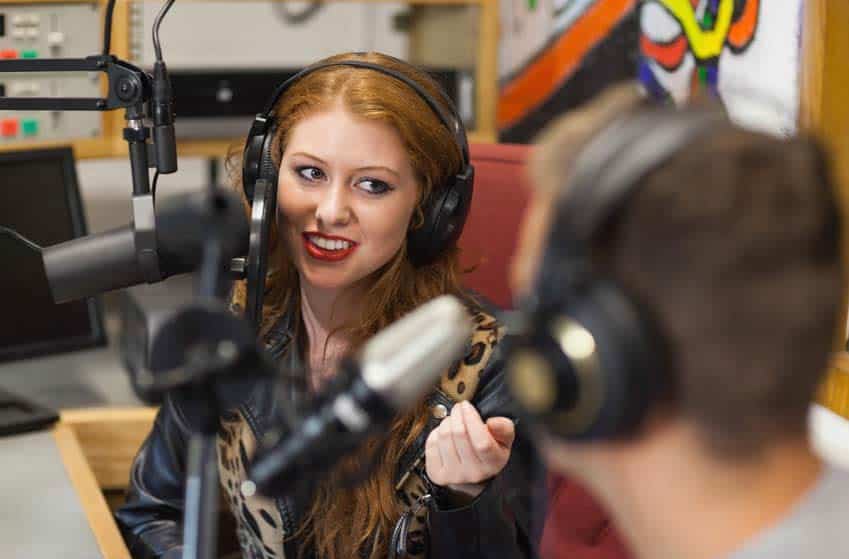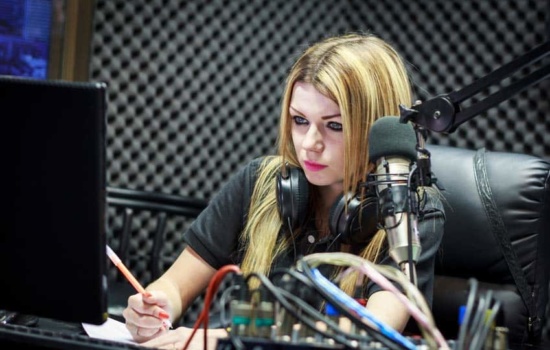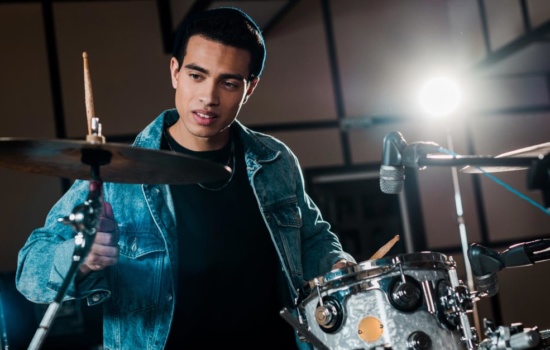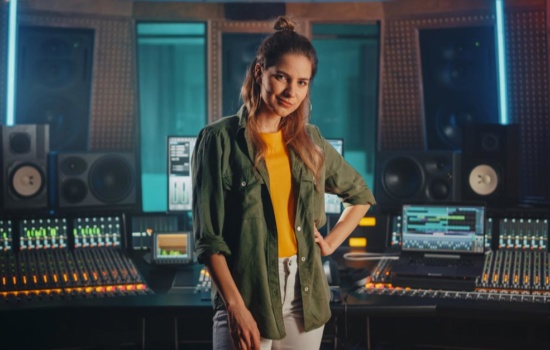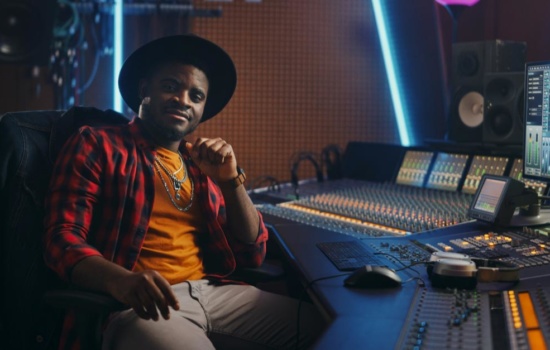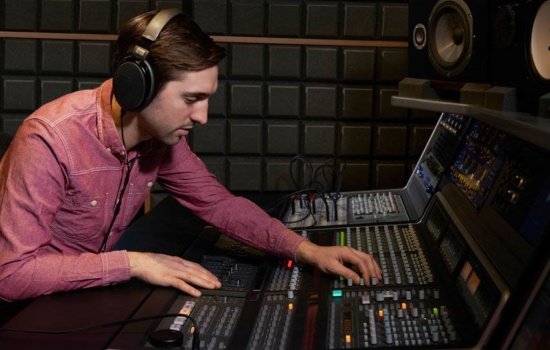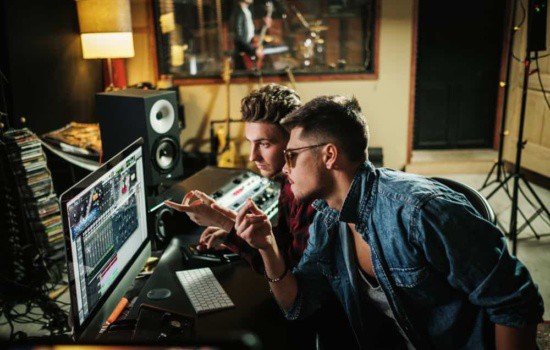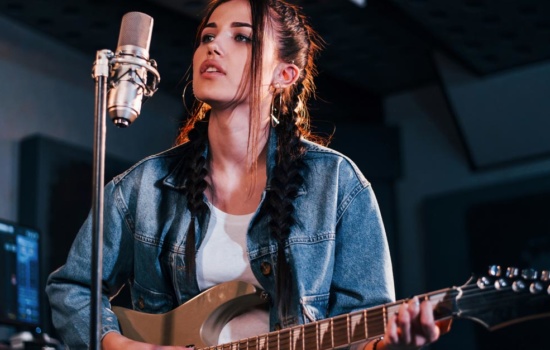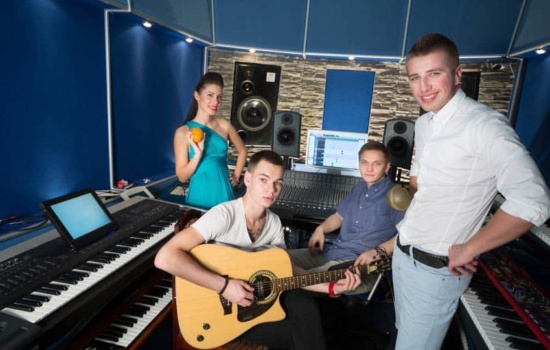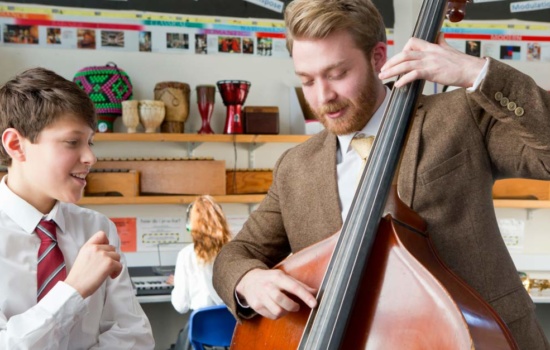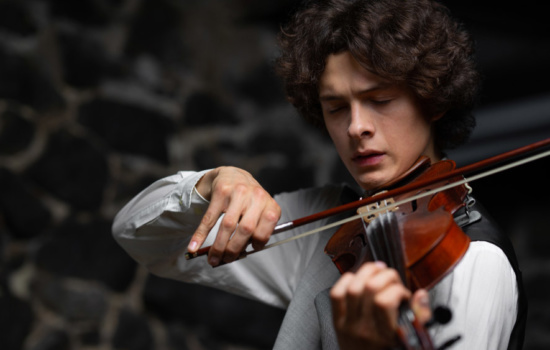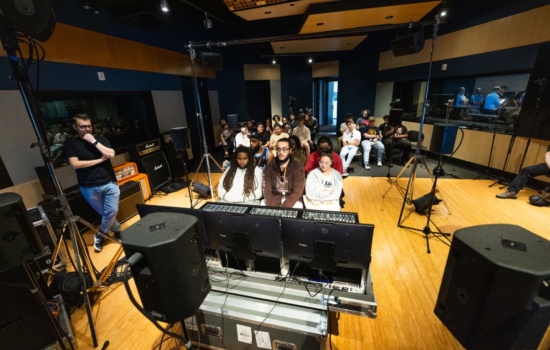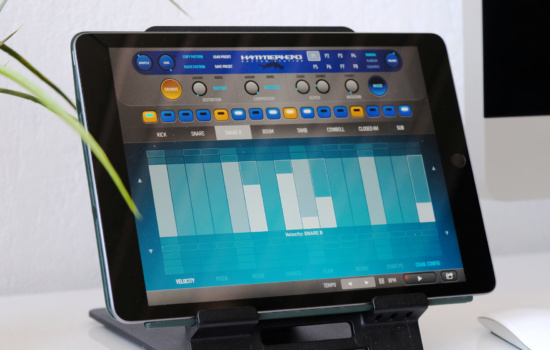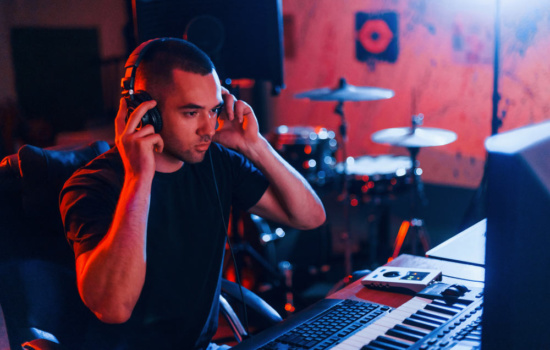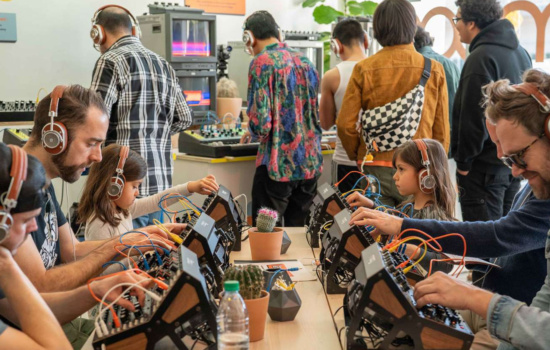Tom: How can bands or artists get their music on the radio?
Amanda: First, identify the stations that offer the kind of programming you have. It may not make much sense to submit heavy metal to a classical station, though you never know. Next, find out how they accept submissions. Some accept physical CDs while others might only accept digital formats.
Make sure you carefully follow any guidelines for submission they provide. Know who to send your submission to, whether it’s the New Music Coordinator, a DJ, or some other title. Do the research to find out who you should approach. Relationships are key, if you are able to cultivate them with the right person at the station.
For example, if you had previous success at a station, when you send your next release you should go back to the same person. Don’t send it only to the DJ who played your music and go around the New Music Coordinator, for example. Respect the channels and chain of command at the station. Follow up by email and don’t make too many calls to the station as that can quickly become annoying.
I have a few other pointers regarding physical submissions (CDs) which may surprise you. Take off the cellophane wrapper on the CD. I know this is counterintuitive, but people are so busy that they might not listen to your CD right away because they don’t want to take the time or effort to remove the wrapper, believe it or not.
They might listen to someone else’s CD first because of this. We get a LOT of submissions and can’t always listen to all of them, so having your wrapper removed could be a make or break factor! Make sure you use a font that is large enough and easy to read. As we age our eyes aren’t as good, and if your font is small or hard to read your CD could easily be passed over.
Make sure the CD title and artist name are displayed clearly on the spine of the jewel box in bright large font. Also, include your exact track lengths everywhere the song titles are shown. A DJ needs this information and if it isn’t clearly marked or it is hard to find, it can be a reason to play something else when they are in a hurry.
We have a lot of programming and certain blocked out time slots (for ads or underwriters), so we need to know exact length for each track we play before we decide to use it. So don’t overlook this small but important detail.
This is important also for vinyl records. Believe it or not, many stations still play vinyl because much older music might not be available elsewhere. Even in the digital age, maintaining physical content libraries is very important. Some stations might be all digital, but music stations still tend to use a lot of physical formats to design and deliver their programming.
Tom: What are some other important strategies for getting airplay?
Amanda: There are strategies within strategies. For example, it helps if you have great marketing materials designed to quickly and clearly communicate why people should hear your music, your backstory, genre and so forth. Include a “one-sheet” with bullet points to make it easy for the DJ to find exactly what they and their listeners need to know about you.
There are some grassroots approaches that harness synergies with radio and live music. If you are playing in a city or location, you could call local stations and offer them an interview, or free tickets for giveaways. If a station is playing your music, you could set up a gig in their area.
Depending on the mission of the station, you might offer them a live performance on-air in their studio.
Some stations sponsor festivals and concert halls, so they could offer you performing opportunities. Find out if they are community oriented and allow special relationships with artists, so it can potentially become a mutually supportive relationship and a kind of symbiotic collaboration. For these kinds of partnerships, it is important to look for the right stations based on your music.
Consider your music as a product and consider which stations fit best with your own values and vision as an artist. Some stations are very committed to supporting the local music scene, or independent artists. If you are offered opportunities to play live on air for free, this might be an opportunity to get your music heard by tens of thousands of potential fans.
Since most radio stations sell advertising or are underwritten by sponsors, they know the value of the airtime. These are some of the best opportunities for artists and radio stations to support each other.
Tom: Tell me the perspective from the radio station about bands and musicians getting airplay.
Amanda: Radio stations know who their listeners, advertisers, and sponsors are and they are dedicated to serving their needs with appropriate programming. They are interested in keeping standards of quality in order to attract and maintain a listening audience.
When bands are trying to get their music on the radio, they should not approach the stations with any expectations or ego-driven attitudes. The station is not obligated to play your music if they feel it isn’t up to their standards, or the right choice for their listeners. So avoid any pushiness and be polite to them regardless. Even if they don’t play your music now, they might mention you to others or play your music later at some point.
Tom: Is there still such a thing as “pay to play?”
Amanda: Not really, at least not in the sense of the payola scandals from years ago. The music industry has become so fragmented that no single person can make or break a star. The music distribution channels are too diverse today, and it is easy for artists to market directly to fans using social media and other channels.
There are some trade-offs where artists can offer VIP treatment at a concert, free tickets, participation in fund-drives, or other types of premium services as a thank you to radio personnel.
Tom: What should artists avoid doing in regard to radio?
Amanda: I recommend you avoid calling the station frequently or repeatedly, as it can be perceived as annoying. Don’t be pushy or come with an unprofessional attitude. Don’t circumvent the channels at the station, and don’t ignore the submission guidelines. If they say they only accept physical submissions, don’t send your submission digitally.
Don’t try to contact everyone at the station. Avoid having any expectations that your music will be played; remember that the station’s primary obligation is to their listeners, advertisers, and sponsors. As a matter of common sense, don’t be a jerk.
Tom: What can you say to Artist Managers and others in the music industry about the role of radio today and going forward?
Amanda: Be aware of the importance of adding radio into the mix of serving your clients. Radio can offer unique opportunities to targeting prospective audiences in every genre and market. For live tours and concerts, request the venues to reach out to local radio stations to offer free tickets for giveaways and interview opportunities with the artists.
Usually the venues already have relationships in place with the stations, so be sure to leverage those relationships to reach the most listeners possible and encourage them to attend the live shows.
